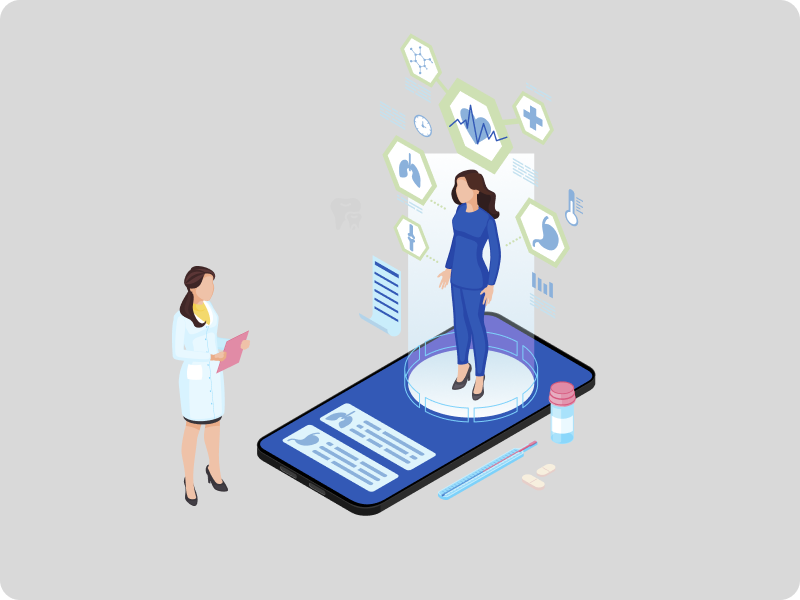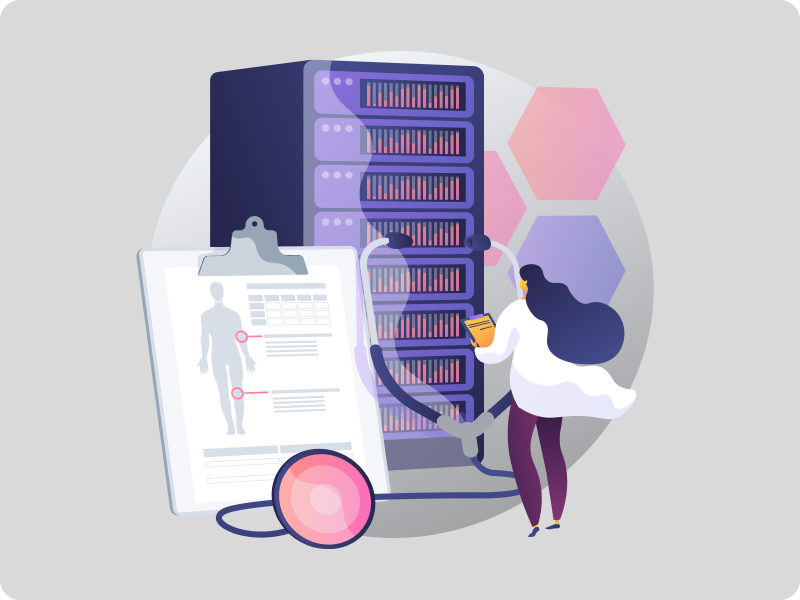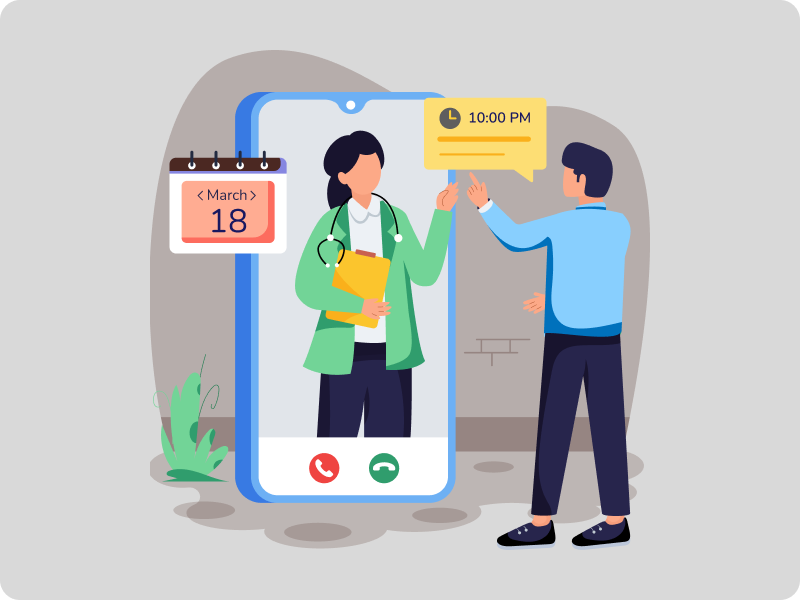How Healthcare Analytics Boost Patient Outcomes and Practice Efficiency
In a fast-paced clinic, decisions are made every minute, often based on instinct, experience and patient history. But what if those decisions could be backed by real-time, data-driven insights? That’s where healthcare analytics comes in. Far from being just a tool for administrators, analytics is becoming indispensable for modern-day doctors who want to enhance both patient outcomes and clinic performance.
Whether you're a solo practitioner or run a growing healthcare center, tapping into the power of analytics can help you work smarter, not harder.
What Is Healthcare Analytics?
Healthcare analytics refers to the process of collecting, interpreting and using data to improve patient care, streamline operations and optimize resource usage. This data can come from various sources such as EMR systems, appointment scheduling, billing software and even patient communication tools.
Why Doctors Should Care About Data
1. Early Detection and Personalized Care
Analytics tools can spot trends in patient vitals, prescriptions and visit patterns. This helps doctors identify potential health risks early and personalize treatment plans more effectively.
2. Reduced No-Shows and Better Scheduling
By analyzing appointment data, healthcare practices can identify peak times, common cancellations and gaps in the schedule. This allows for better resource planning and reduces wasted slots.
3. Improved Patient Engagement
Analytics help doctors understand patient behavior. From missed follow-ups to repeat complaints, data helps doctors proactively reach out, send reminders or recommend timely interventions.
4. Faster Billing and Revenue Insights
Track payment delays, common billing errors or services that bring in the highest revenue. This helps doctors manage the practice’s finances more confidently.
5. Better Staff Productivity
Understanding which workflows cause bottlenecks, which procedures take the most time and how staff productivity can be optimized. This leads to smoother day-to-day operations and improved patient satisfaction.
The Analytics Tools Every Clinic Needs
- EMR with real-time reporting
- Patient communication dashboard
- Financial analytics module
- Appointment heatmaps
- Follow-up tracking systems
Turning Data into Action
Having access to data is only part of the story. What matters most is how it's presented and used. The best platforms make analytics visual, easy to interpret and actionable, so doctors can easily make informed decisions.
Data isn’t just for hospitals or IT departments, it’s for every healthcare practice that wants to grow, retain patients and deliver better care. With the right tools in place, doctors can take the guesswork out of daily decisions and build a more efficient, impactful medical practice.





